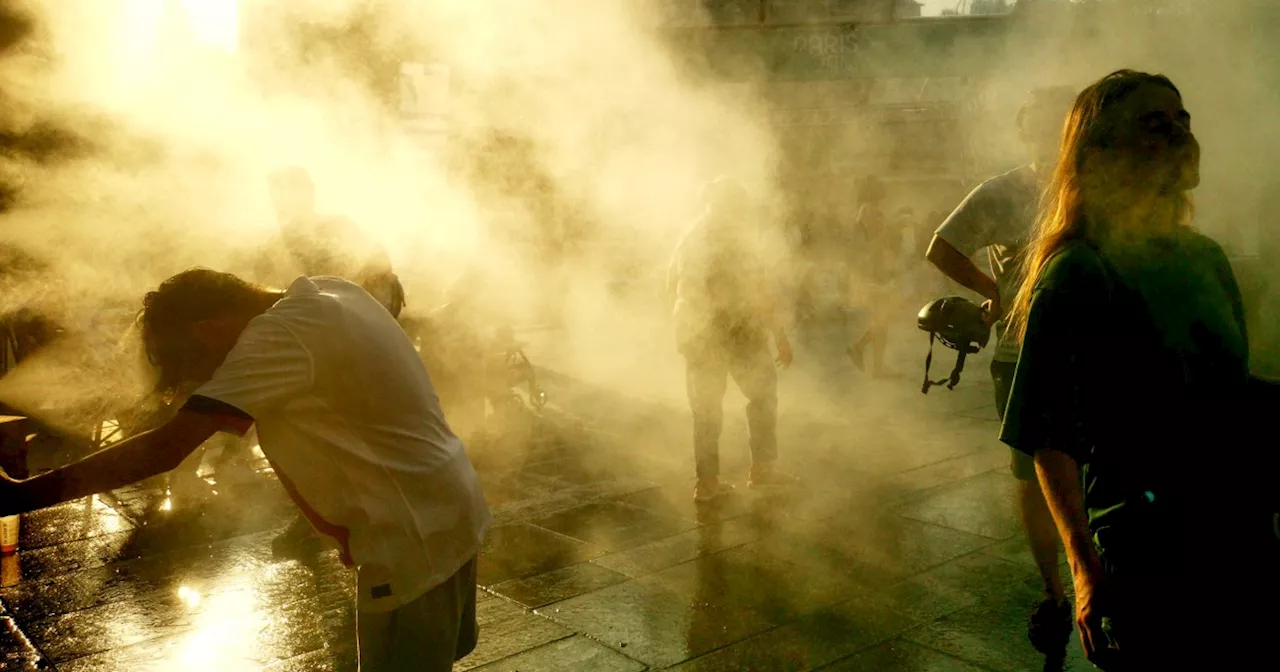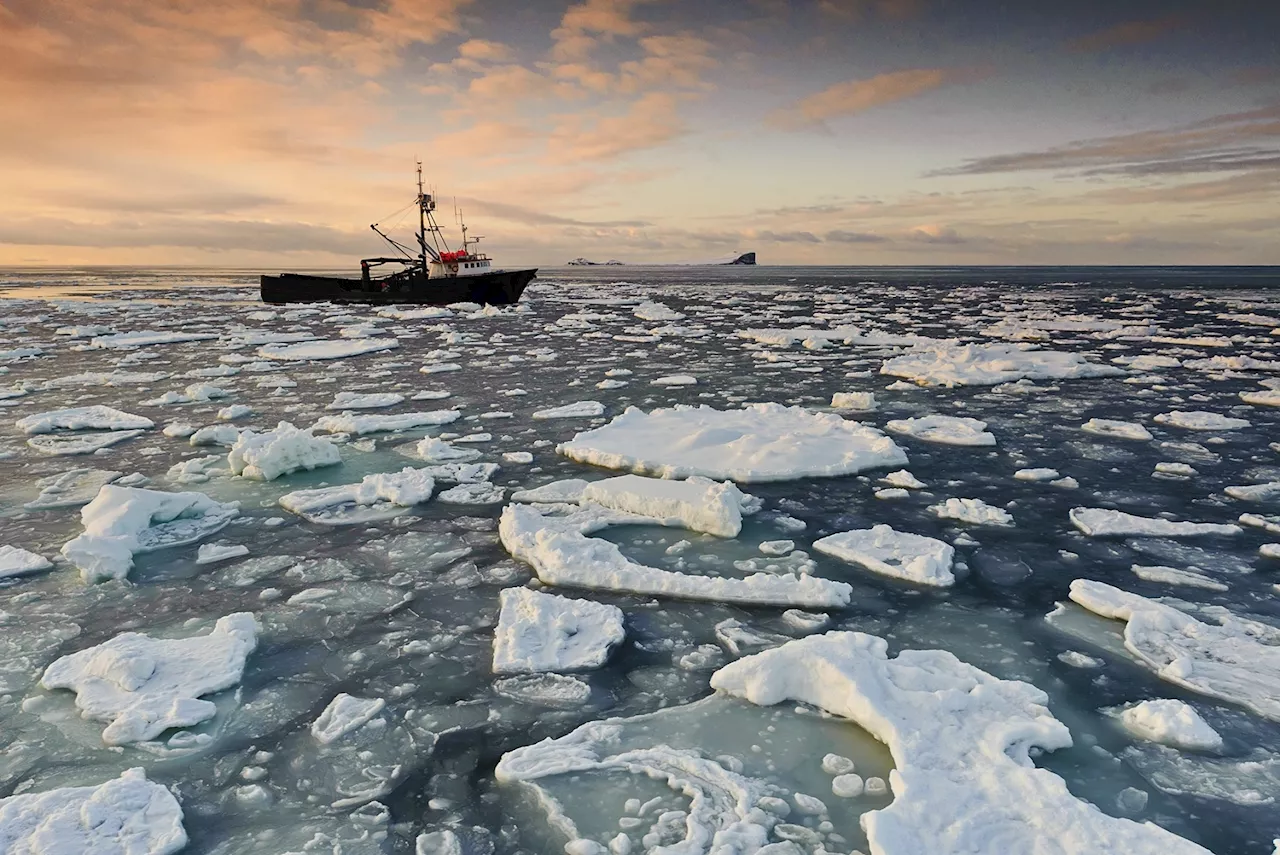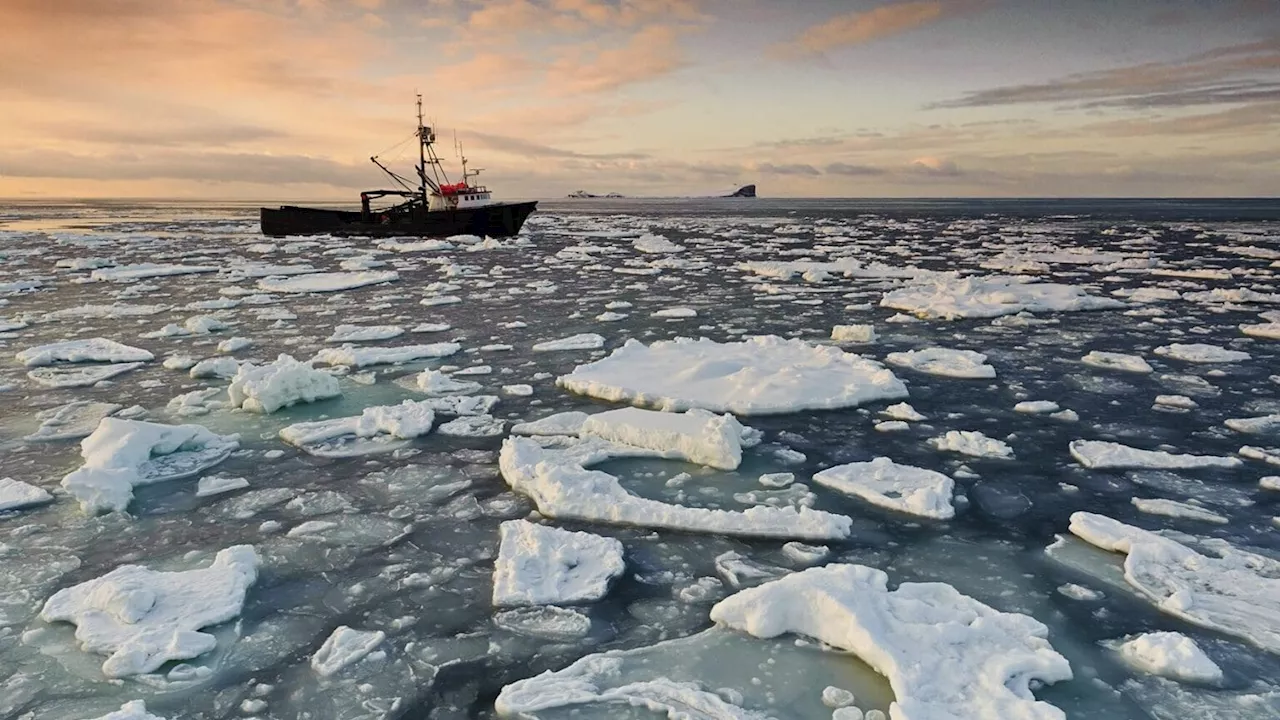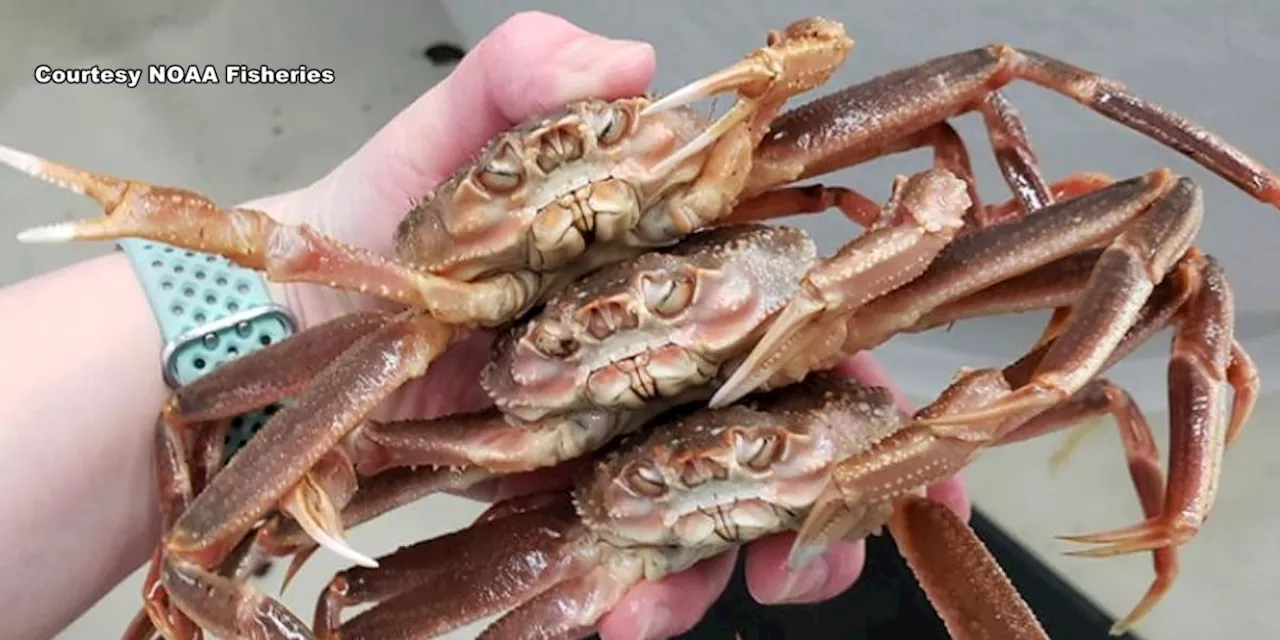Imagine you’re a NOAA weather forecaster in the field during a raging, rapidly-spreading wildfire. Your title is incident meteorologist (or IMET), and your job is to support agencies and emergency responders who fight these devastating blazes by providing accurate weather forecasts.
means you’ve safely connected to the .gov website. Share sensitive information only on official, secure websites. August 8, 2024: National Weather Service Incident Meteorologist Ryan Walbrun briefs the CalFire Incident Management Team on smoke trajectory and impacts while deployed on the Park Fire.incident meteorologist
In May 2024, the EMC, working closely with ARL, developed and released a model update that keeps the public, NOAA and partners aware of changes in air quality. The seventh and newest upgrade to the Air Quality Model , builds on past improvements by accounting for more sources of pollutants and putting them together in one air quality model.
Fire Weather Wildfire Smoke Wildfires Satellite Data Air Quality Safety Forecasts
United States Latest News, United States Headlines
Similar News:You can also read news stories similar to this one that we have collected from other news sources.
 Biden-Harris Administration, NOAA issue National Heat Strategy, provide $200K for extreme heat preparednessToday, the Department of Commerce and NOAA announced $200,000 in funding to support extreme heat preparedness and response planning as part of the Biden-Harris Administration’s Inflation Reduction Act.
Biden-Harris Administration, NOAA issue National Heat Strategy, provide $200K for extreme heat preparednessToday, the Department of Commerce and NOAA announced $200,000 in funding to support extreme heat preparedness and response planning as part of the Biden-Harris Administration’s Inflation Reduction Act.
Read more »
 2024 may be hottest year on record, NOAA predictsEvan Bush is a science reporter for NBC News.
2024 may be hottest year on record, NOAA predictsEvan Bush is a science reporter for NBC News.
Read more »
 July was hottest on record, NOAA says, with 2024 likely to be warmest year to dateNOAA forecasters say there's a 77% chance that 2024 will be the warmest year on record, after July marked the 14th consecutive monthly record.
July was hottest on record, NOAA says, with 2024 likely to be warmest year to dateNOAA forecasters say there's a 77% chance that 2024 will be the warmest year on record, after July marked the 14th consecutive monthly record.
Read more »
 NOAA study links massive Bering Sea snow crab loss to climate changeThe new study deepens the connection between human-caused climate change and the crabs' die-off in recent years.
NOAA study links massive Bering Sea snow crab loss to climate changeThe new study deepens the connection between human-caused climate change and the crabs' die-off in recent years.
Read more »
 NOAA study links massive Bering Sea snow crab loss to climate changeThe new study deepens the connection between human-caused climate change and the crabs' die-off in recent years.
NOAA study links massive Bering Sea snow crab loss to climate changeThe new study deepens the connection between human-caused climate change and the crabs' die-off in recent years.
Read more »
 NOAA says Bering Sea snow crab collapse is result of human-caused climate changeThe snow crab population in the southeastern Bering Sea has been drastically reduced in recent years due to human-caused climate change, according to the National Oceanic and Atmospheric Administration (NOAA).
NOAA says Bering Sea snow crab collapse is result of human-caused climate changeThe snow crab population in the southeastern Bering Sea has been drastically reduced in recent years due to human-caused climate change, according to the National Oceanic and Atmospheric Administration (NOAA).
Read more »
